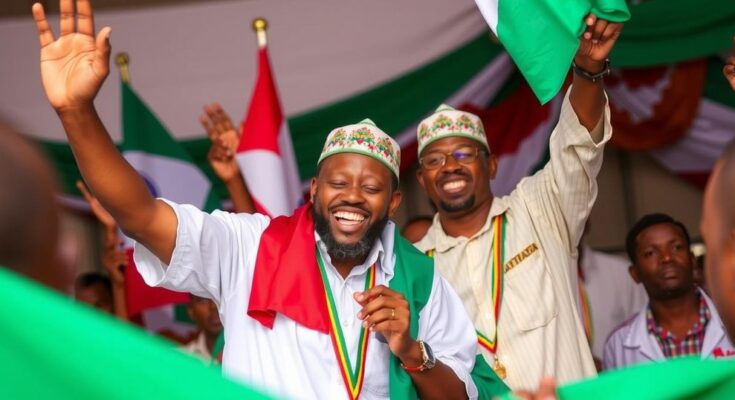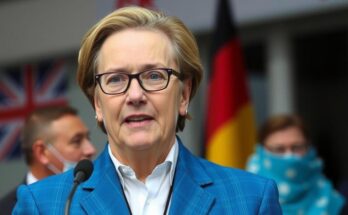Chad’s ruling Patriotic Salvation Movement party has won the majority in recent parliamentary elections, securing 124 of 188 seats with a 51.5% voter turnout. The elections were boycotted by major opposition parties, raising concerns over the legitimacy of the electoral process. This election comes during a pivotal time for Chad, dealing with both internal and external security challenges.
In a decisive victory, Chad’s ruling Patriotic Salvation Movement party has secured a majority in the parliamentary elections, attaining 124 out of 188 seats. These elections, the first in over a decade, witnessed a voter turnout of 51.5%, as reported by Ahmed Bartchiret, head of the electoral commission. The elections took place amidst a backdrop of boycotts by over ten opposition parties, including the prominent Transformers party, creating a clear path for President Mahamat Idriss Deby, who assumed leadership following a military takeover in 2021 after the death of his father, long-time president Idriss Deby Itno. This election has been described as a critical step in the nation’s alleged transition to democracy, emphasizing enhanced decentralization of power to local governments. However, the absence of strong opposition raises concerns over the legitimacy and credibility of the electoral process, which has already faced scrutiny due to previous disputed presidential elections.
The recent parliamentary elections in Chad represent a significant political moment following a prolonged period of military rule. This marks the first parliamentary election since the power transition after the death of Idriss Deby Itno, who ruled for thirty years. His son, Mahamat Idriss Deby, has emphasized the importance of these elections in establishing a more decentralized governance structure. Nonetheless, the political landscape is complicated by the opposition’s boycott, characterized as a response to perceived electoral illegitimacies in previous elections, fostering skepticism regarding true democratic progress in the nation.
The results of the parliamentary elections in Chad illuminate the consolidation of power by President Mahamat Idriss Deby and his ruling party, as evidenced by the significant majority won amidst opposition boycotts. This scenario raises important questions about the future of democracy in Chad, particularly in light of the absence of credible opposition voices and ongoing security challenges that the nation faces. The electoral outcome may further entrench the existing regime while undermining public trust in the political process.
Original Source: www.euronews.com




